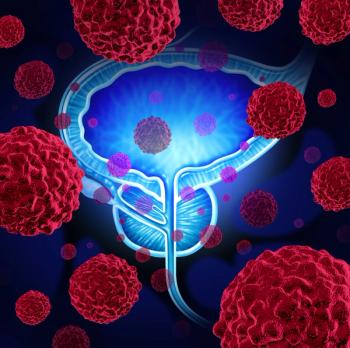
Padeliporfin ImPACT Receives Orphan Drug Designation for Upper Tract Urothelial Cancer
Drug would mean a nonsurgical treatment option for people with upper tract urothelial cancer.
In April 2020,
ImPACT works by providing intravenous (IV) delivery of the photosensitive drug padeliporfin, which becomes activated as a targeted nonsurgical treatment option.
In a press release, Barak Palatchi, CEO of Steba Biotech said “Our hope is that Padeliporfin ImPACT offers these patients an effective treatment option that preserves their kidney.”This innovative treatment option could help to preserve the kidneys in patients with UTUC where surgery is not the desired course.The FDA has given the go ahead for the
Patients will be treated with padeliporfin in induction and maintenance treatment phases, with an expected enrollment of 100 study participants.Patients will receive IV administration of padeliporfin 3.66 mg/kg infused over 10 minutes, and each target area will be illuminated for 10 minutes.The induction phase involves 1-3 treatments given 4 weeks apart.Patients who achieve a complete response in the induction phase will move onto the maintenance treatment phase and be followed for 12 months.The primary outcome is the number of patients without UTUC tumors approximately 28 days after the last treatment.
Newsletter
Get the latest industry news, event updates, and more from Managed healthcare Executive.























